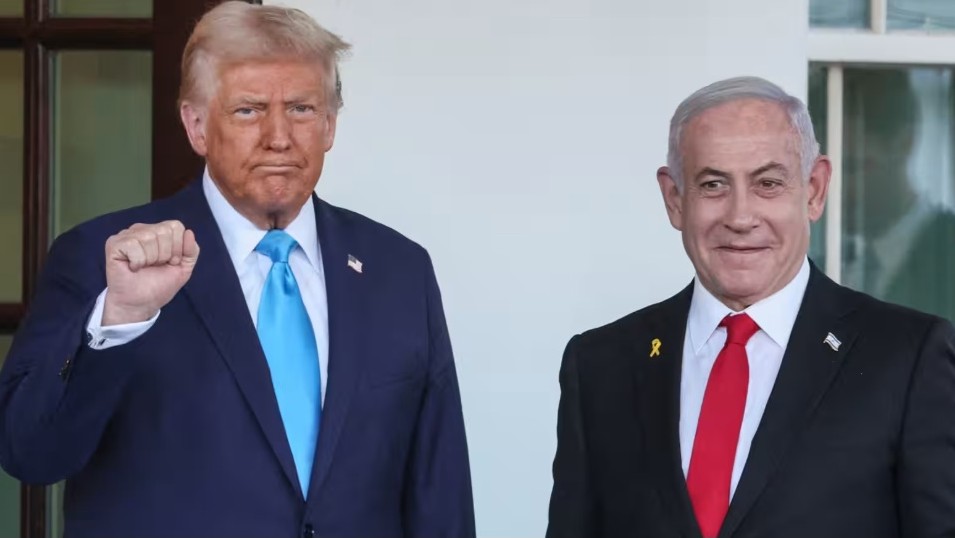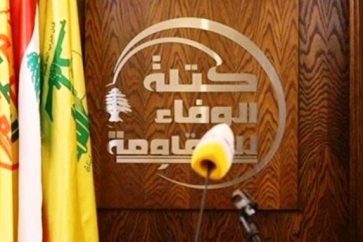Israeli Prime Minister Benjamin Netanyahu was in Washington on Monday to meet Donald Trump, whom he will likely ask for a reprieve from US tariffs while seeking further backing on Iran and Gaza.
Netanyahu becomes the first foreign leader to meet Trump in the US capital since the “Liberation Day” tariffs announcement sent global markets crashing.
He was also due to discuss the war in Gaza, following the collapse of a short-lived truce that the United States had helped broker.
Arriving in Washington direct from a visit to Hungary, Netanyahu’s chief objective was to try to persuade Trump to reverse the decision or, at the very least, to reduce the 17 per cent levy set to be imposed on Israeli imports before it takes effect.
Upon arrival, Netanyahu met with US Commerce Secretary Howard Lutnick and US Trade Representative Jamieson Greer, according to his office.
Before leaving Budapest, Netanyahu had said his discussions would cover a range of issues, including “the tariff regime that has also been imposed on ‘Israel’”.
“I’m the first international leader, the first foreign leader who will meet with President Trump on a matter so crucial to Israel’s economy,” he said in a statement.
“I believe this reflects the special personal relationship and the unique bond between the United States and ‘Israel’, which is so vital at this time.”
Analysts said Netanyahu would seek to secure an exemption from the tariffs for ‘Israel’.
But Trump did not exempt ‘Israel’ from his global salvo, saying the United States had a significant trade deficit with the country, the top beneficiary of US military aid.

Gaza truce, Iran
The Israeli leader’s visit is “also a way for Netanyahu to play the game and show Trump that ‘Israel’ is going along with him,” said Yannay Spitzer, a professor of economics at Hebrew University.
“I would not be surprised if there is an announcement of some concession for ‘Israel’… and this will be an example for other countries.”
Netanyahu will also discuss the war on Gaza, the Israeli hostages still held in Gaza, and the “growing threat from Iran”, his office said.
‘Israel’ resumed intense strikes on Gaza on March 18, and the weeks-long ceasefire with Hamas that the United States, Egypt and Qatar had brokered collapsed.
Efforts to restore the truce have failed, with nearly 1,400 people killed in renewed Israeli air and ground operations, according to the health ministry in the Strip.
Palestinian resistance groups in Gaza are still holding 58 hostages, including 34, the Israeli occupation military says, are dead.
On Iran, Trump has been pressing for “direct talks” with Tehran on a new deal to curb the Islamic Republic’s nuclear program.
But Iranian foreign ministry spokesman Esmail Baqaei said Tehran’s proposal for indirect negotiations was “generous, responsible and wise”.
There has been widespread speculation that ‘Israel’, possibly with US help, might attack Iranian facilities if no agreement is reached.
Baqaei also said that Iran was ready to respond in case of attack.
“Should the threats against Iran be realized, they would precipitate a swift, immediate and global response from Iran’s side,” he said.




